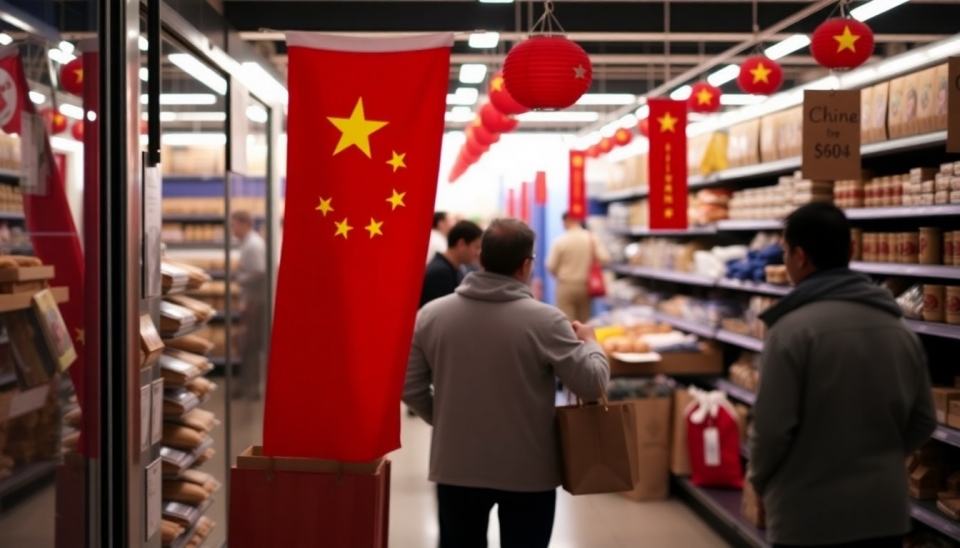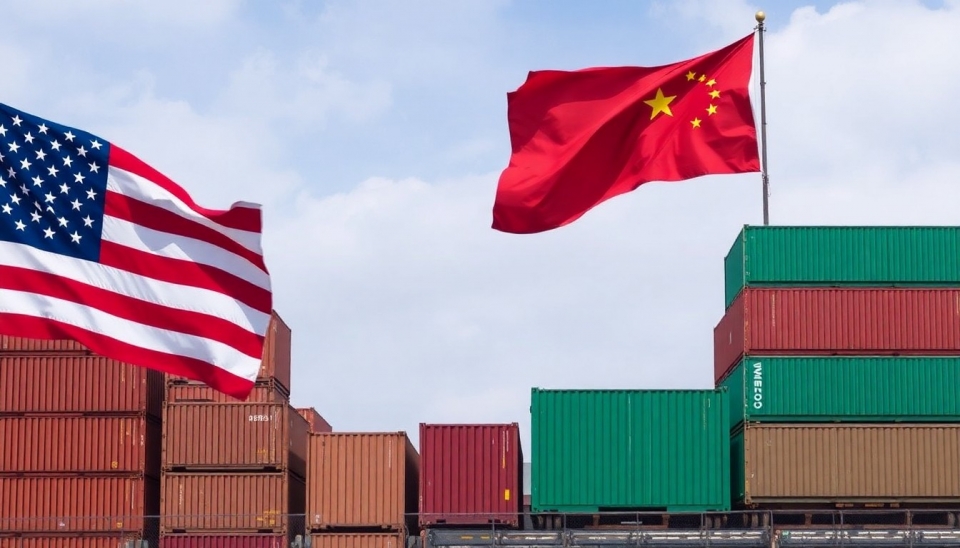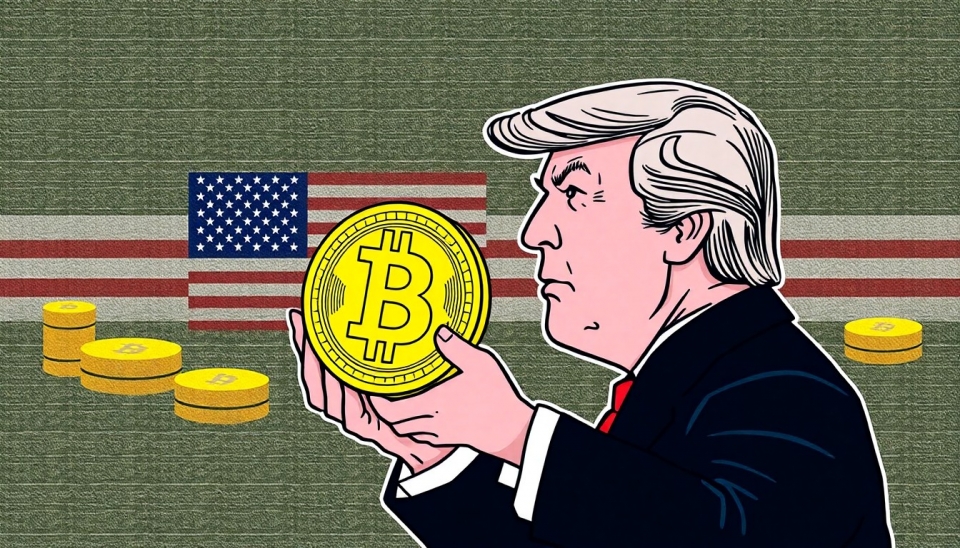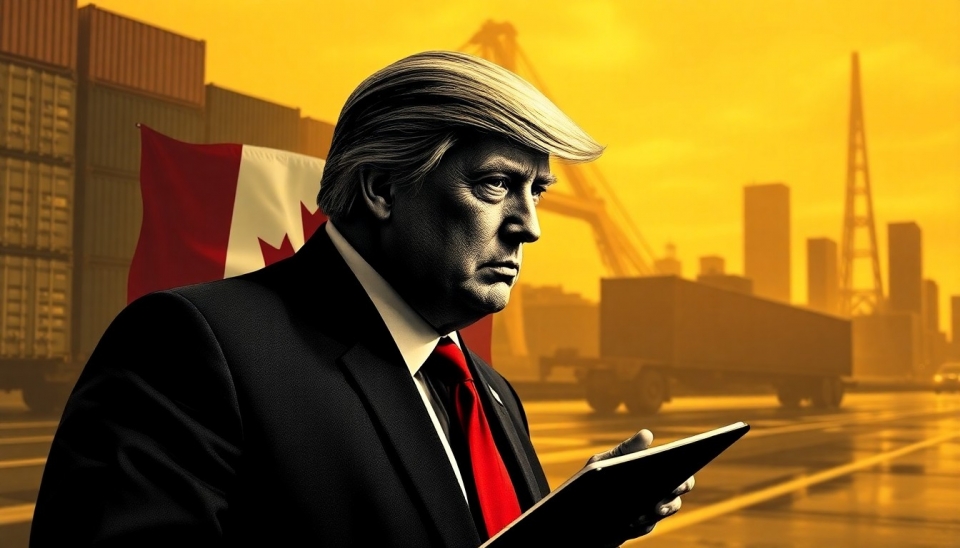
In a significant move against online commerce practices that have drawn scrutiny, the Trump administration has announced plans to impose tariffs targeting a loophole frequently utilized by Chinese online retailers. This strategic decision appears poised to reshape the landscape of international e-commerce, particularly impacting small companies that rely heavily on these loopholes to import goods at a lower cost.
The loophole in question pertains to the "de minimis" threshold, which allows certain goods valued at less than $800 to enter the United States without incurring tariffs or taxes. This has enabled online retailers in China to send products directly to American consumers without facing the same trade tariffs that traditional wholesale imports would incur. The administration's new tariffs aim to close this gap, effectively leveling the playing field for domestic businesses that have been competing against these economically advantageous imports.
Experts warn that changing these regulations might lead to increased prices for consumers, as retailers will likely pass on the cost of tariffs. However, supporters of the move argue that it will protect American jobs and businesses from unfair competition. The rhetoric surrounding this policy change highlights the ongoing tension between the U.S. and China, reflecting broader concerns about trade practices and economic fairness in the global marketplace.
Furthermore, this policy shift may present challenges for American consumers who have come to enjoy low-priced goods available through platforms like Alibaba and other online marketplaces. With the upcoming implementation of these tariffs, many consumers will need to reassess how to procure affordable products in an increasingly complex and heated trade environment.
This action is part of the broader trade agenda pursued by the Trump administration, which has focused on renegotiating trade agreements and confronting perceived inequities in international commerce. As these developments unfold, industry leaders and policymakers will be keeping a close eye on how this affects not only e-commerce but the overall economy in the long run.
As the situation evolves, consumers, retailers, and economists alike are bracing for potential changes that the tariffs may usher in. The implications are vast, extending well beyond the realm of retail and affecting supply chains, consumer prices, and trade relationships for years to come.
Stay informed as we continue to monitor the evolution of this significant policy change and its anticipated effects on both domestic and international markets.
#TrumpTariffs #OnlineRetail #ChineseRetailers #Ecommerce #TradePolicy #USChinaRelations #EconomicFairness
Author: Emily Collins




